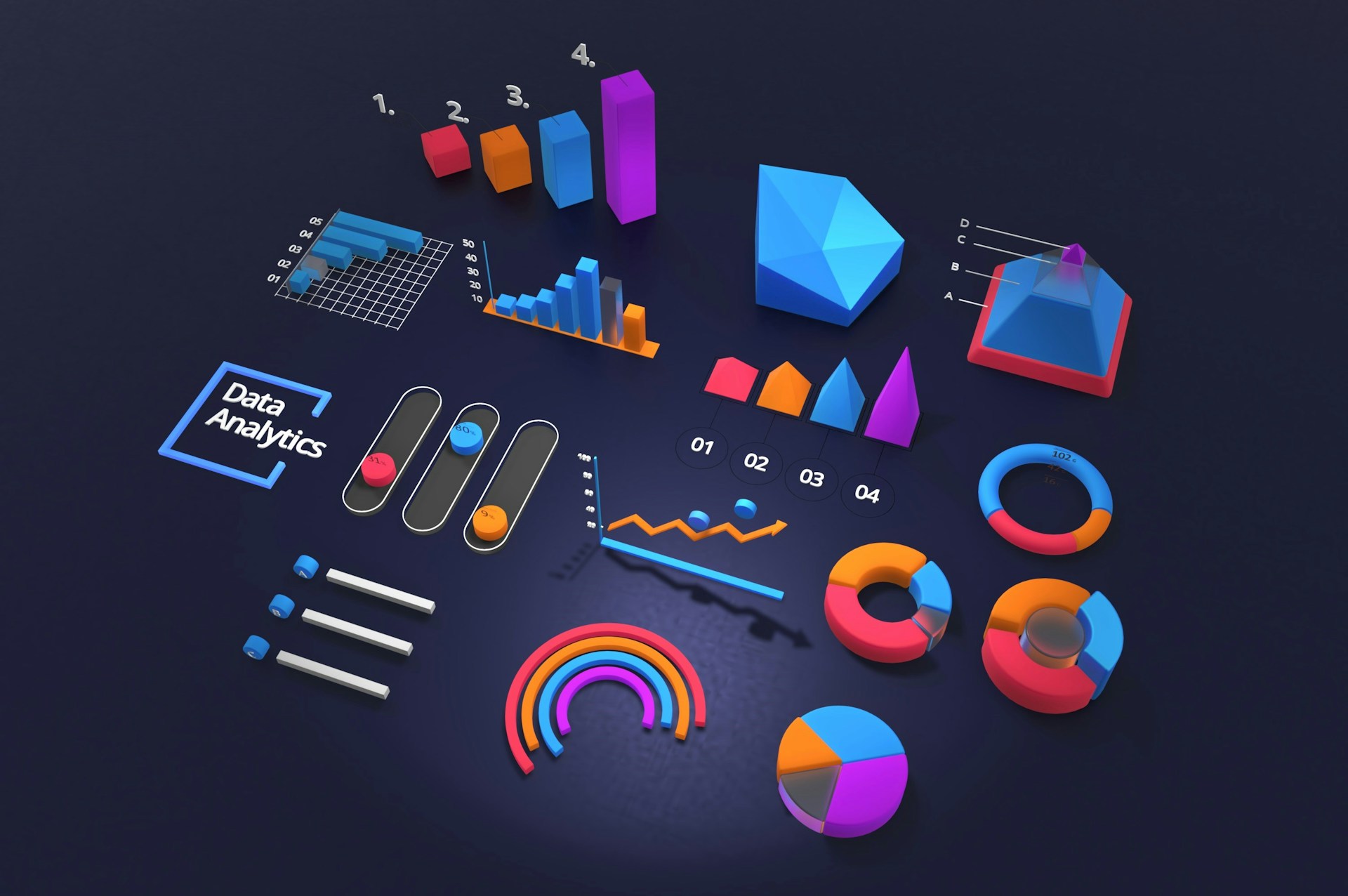Data Portability and Ownership: Who Really Owns Your Customer Data?

In today’s digital economy, data is often described as the new oil. Every day, individuals generate an estimated 1.7 megabytes of data per second — from searches, emails, and social interactions to transactions and device use. For businesses, this constant flow of data is indispensable, driving innovation, personalization, and profits. Yet beneath this data gold rush lies a complex question: who actually owns it?
At first glance, the answer seems straightforward: the company that collects the data must own it. But this assumption does not hold when properly scrutinized. Unlike traditional property, data is co-created. A customer’s online behavior produces it, while a company’s algorithms organize and analyze it. This shared production blurs the lines between possession and participation.
When a user fills out a form or clicks a link, they generate value. But once that interaction becomes part of a company’s marketing system or predictive model, ownership becomes collective, contextual, and deeply legal. Increasingly, the real issue is not ownership, but control, and the right to move or delete personal information as individuals choose.
Data Portability: From Ownership to Control
Modern data laws attempt to restore balance to this unequal relationship. The EU’s General Data Protection Regulation (GDPR) introduced the concept of data portability, the right of individuals to receive their personal data “in a structured, commonly used, and machine-readable format” and transfer it elsewhere. The intent is not to deprive companies of their data but to empower individuals to decide where it goes and how it is used.
This principle has since spread globally. The California Consumer Privacy Act (CCPA), Brazil’s LGPD, and Australia’s Consumer Data Right all adopt variations of this right. Together, these frameworks signal a broader transformation: companies are not owners of customer data but stewards entrusted with its ethical and lawful handling.
However, portability has limits. It typically covers only data that individuals provide directly or generate through use, like names, contact details, activity logs, not the inferences or proprietary insights a company builds from them. For instance, you can export your Spotify playlists, but not the algorithmic preferences that predict your next favorite song.
This partial right reflects the tension between personal control and commercial innovation. Regulators acknowledge that users should move their digital identities freely, yet businesses must protect the intellectual property embedded in their systems.
The Challenge of Making Portability Work
While the idea of portability sounds empowering, its implementation is uneven at best. A Technical University of Munich study found that many companies technically comply with the law by offering data export options, but few make these exports truly usable. Most deliver incomplete CSV files lacking the behavioral or contextual data that actually defines the user experience.
The result is “paper compliance”: users can technically move their data, but not meaningfully use it. Without standardized formats or interoperable APIs, portability remains impractical.
Even when available, awareness and usability lag. The European Data Protection Board reports that most consumers are unaware of their portability rights or find the process too complex. Downloads often sit unused on hard drives, proof of compliance, not empowerment.
For companies, this complexity isn’t accidental. True interoperability means losing a competitive advantage. Data is the fuel of personalization and retention. As Clive Humby famously put it, “Data is the new oil.” Sharing it freely threatens that economic engine. Some companies worry that easy data migration could expose sensitive insights or give rivals access to their customers.
There are also legitimate security risks. The IBM Cost of a Data Breach Report 2024 found that the average global data breach cost $4.88 million, a new record. Every additional point of data transfer increases exposure, especially when data flows between organizations with varying security standards. In that light, limiting portability can seem like a protective measure, not just a strategic one.
The challenge, then, is how to balance freedom and safety, competition and control, individual rights and institutional responsibility.
Trust, Transparency, and the Ethics of Stewardship
As privacy awareness grows, customers increasingly reward companies that handle data responsibly. A Pew Research Center study found that 61% of Americans believe privacy policies fail to explain how their data is used, and 56% admit to clicking “agree” without reading them. This erosion of trust presents both a challenge and an opportunity.
Businesses that treat data stewardship as part of their brand identity by offering clear portability options, transparent consent flows, and user education stand to gain long-term loyalty. In an era when privacy concerns can sway purchasing decisions, trust becomes a competitive asset.
But ethical stewardship goes beyond compliance. It requires a cultural shift from extracting value to sharing value. Companies should embrace data minimization, collecting only what is necessary, and purpose limitation, ensuring data is used only for what users agreed to. Portability should be designed for usability, not buried in legal text.
When companies make portability easy, they demonstrate confidence in their service quality. It signals: “We trust you to stay because you want to, not because your data is trapped here.”
Portability can also support innovation. If data flows freely under safe conditions, startups can build new products without a monopoly on gatekeeping access. Regulators increasingly see this as a competition tool, a way to break the “walled gardens” of digital ecosystems.
Still, not all data can, or should be portable. Some information, such as proprietary analytics or AI models trained on aggregated data, raises intellectual property and national security questions. For example, a user’s activity may contribute to a recommendation algorithm, but the model itself is a protected trade secret. Likewise, governments sometimes claim access to private data for security oversight, balanced by laws like the GDPR that require necessity and proportionality.
The Future of Data
The debate over who owns customer data is giving way to a more nuanced understanding: data is not owned, but governed. In this framework, individuals hold rights, companies bear responsibilities, and regulators define boundaries.
The emerging trend is one of shared stewardship, a collaborative model in which all stakeholders play a role in ethical data management. Businesses provide secure infrastructures; users exercise informed choices; and governments ensure accountability through enforceable standards.
The shift from ownership to stewardship reflects a deeper cultural evolution. For years, companies saw data as a resource to be hoarded. Today, they’re learning that the future lies in openness, interoperability, and trust. Those who adapt, by creating user-friendly export tools, embracing standardized formats, and investing in transparent communication, will not just comply with regulation; they’ll lead in customer trust.
As digital ecosystems expand, interoperability may soon become as natural as number portability in telecoms. The Data Transfer Project, an open-source collaboration between Google, Microsoft, Meta, and Apple, already enables direct transfers between platforms. It’s an early sign of a coming age where portability isn’t a legal formality but a functional expectation.
Conclusion: The Shared Ownership Era
So, who really owns customer data? In truth, ownership is shared and conditional. Individuals have rights over their personal data; companies have obligations and legitimate interests in processing it; and regulators set the rules that bind them both.
What matters most isn’t possession, but permission, the trust that allows businesses to use data responsibly, and the freedom that lets consumers take their data elsewhere.
In the next decade, the most successful companies won’t be those that collect the most data, but those that use it with integrity. They’ll see data not as property, but as a relationship, built on consent, transparency, and shared value.
Read - Build vs. Buy: A Strategic Dilemma And How Founders Can Resolve It

square.jpg)










